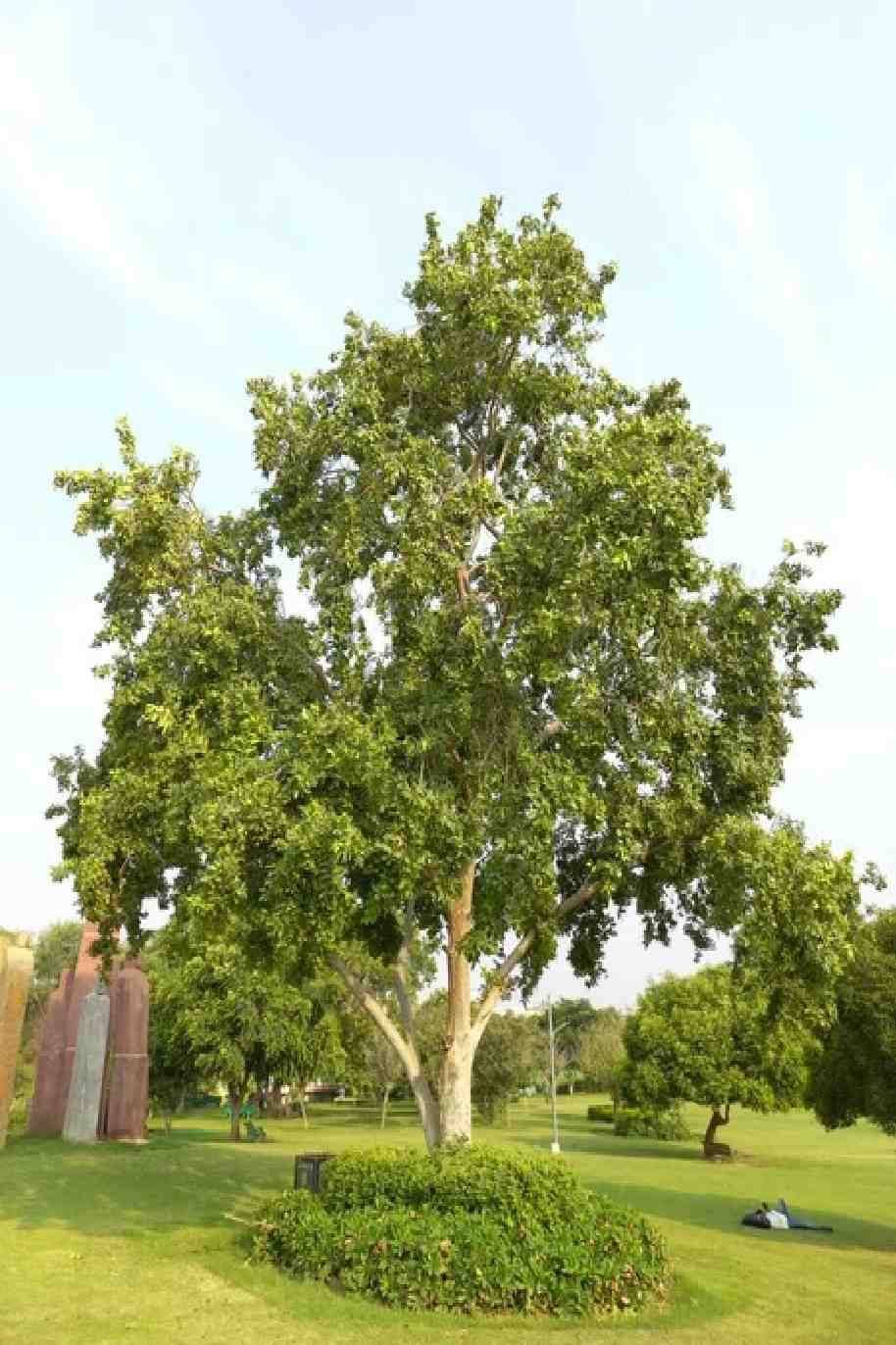



"Explore Trees, Discover Nature. " -Fr.Principal




Known for its powerful medicinal properties, especially the bark, it has been used for centuries to treat heart-related issues.
The tree has cultural significance as well, often mentioned in ancient Indian texts and associated with sacred places.
It is considered a symbol of strength and resilience due to its robust nature and therapeutic qualities.
Arjuna is a large deciduous tree of the Combretaceae family, native to India. Revered in Ayurveda, it is known for its bark, which is beneficial for heart-related ailments.
This tree reaches 20–25 meters in height, with a thick canopy and smooth gray bark. The leaves are oblong and dark green.
. The tree produces small white to pale yellow flowers that bloom during the summer months. Arjun bears fibrous, woody fruits with five hard wings that help with seed dispersal.
It prefers riverbanks and is commonly found along the banks of rivers and in moist, fertile soils.
1. The bark is widely used in traditional medicine for cardiovascular health, diabetes, and asthma. It’s also used in herbal toothpaste and cosmetics. The tree controls soil erosion and is ideal for riverbank plantations.
2.Arjuna tree bark extracts are used traditionally for its immunity boosting properties.
3.- Cardiovascular Health: Used in traditional medicine for treating heart ailments, strengthening the heart muscle, and improving circulation.
- Diabetes Treatment: The bark is beneficial in managing blood sugar levels.
- Respiratory Health: Used for asthma and chronic bronchitis treatment.
- Cosmetic Uses: The bark is an ingredient in herbal toothpaste and skincare products.
- Soil Erosion Control: Its large root system helps stabilize riverbanks and prevent erosion.
- Cultural Significance: Revered for its role in sacred rituals and temples.